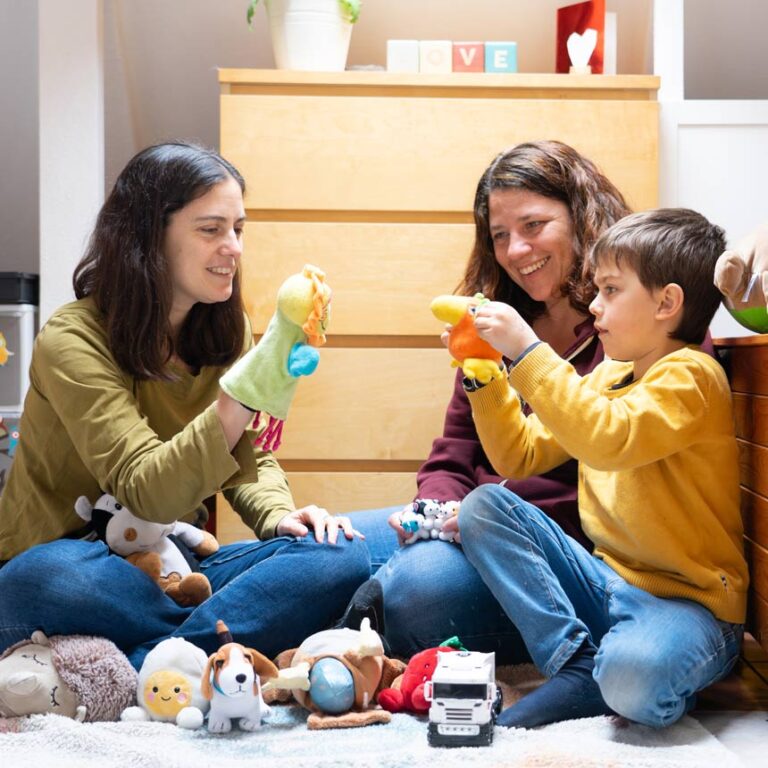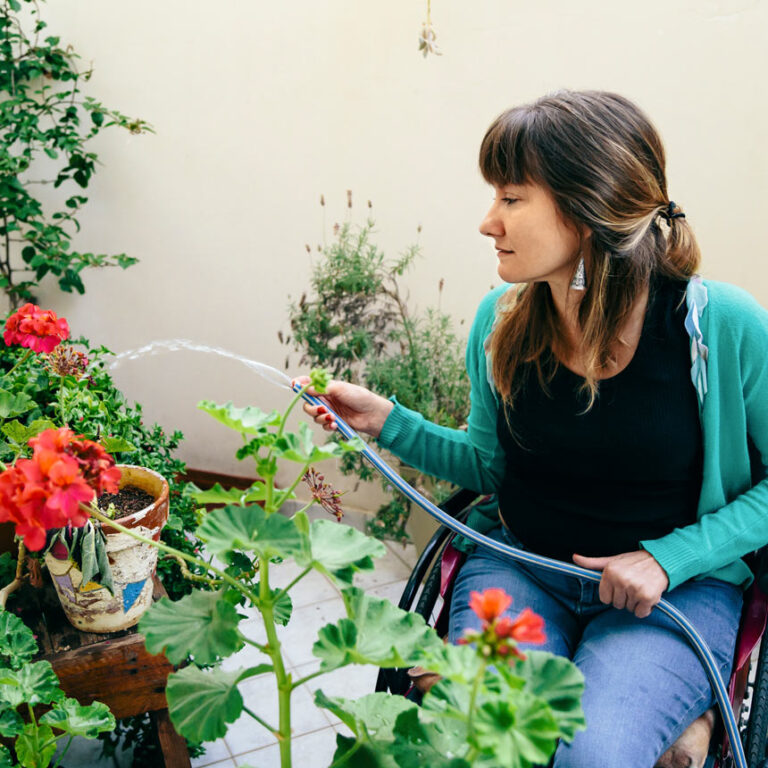‘I feel optimistic about the job I’m pursuing after I finish college’

“I think a lot of people feel like in society we’re discriminated against if you have a mental illness,” says Delia (not her real name). “I think letting go of how society sees people and allowing yourself to see you as you would like to be seen, you’re more than a stigma… you’re not this damaged human being.”
Delia came to to LifeWorks NW because she felt she needed more structure and wanted to work on her coping skills. She experienced occasional mood swings due to bipolar disorder that can lead to aggressive behavior and difficulty with clear thinking. The help she received included therapy, as well as Supported Education and Supported Employment.
“I wanted to be sure I was on the right medications for my mental health,” she says. “I was looking for support with going back to college and pursuing a college degree.”
Delia joined the Supported Education Program in 2019, after a failed attempt to attend college. She’d taken three classes, become overwhelmed and stressed and failed half way though.
“I didn’t know how to manage my life, family life, school, and coping with my mental health,” Delia says. “If you’re not taking care of yourself, if you’re stretching yourself too thin, you won’t be able to do anything else well.”
Supported Education Specialist Jen Burke talked with her about the barriers she’d encountered in the past.
”We discussed the class load that might be more conducive to doing well,” says Jen. “We also discussed taking classes, such as College Success and Survival, to build skills around being a student.”
Delia has now been attending classes off and on for about a year. “I feel happy to be working on building life structure skills,” she says. “I would like to have a nice job eventually. Learning those coping skills, feeling more mentally stable. Putting in the time to go to appointments, working through the highs and lows of good appointments and upsetting appointments. Not everything in life is perfect or easy, and that’s okay.”
The work Delia’s done with her combined LifeWorks NW support system has helped her cope with her health issues, as well as her educational goals.
“I use coping and thinking skills better [now],” says Delia. “I am a clearer thinker. I don’t have rapid thought; I don’t have aggressive behavior either. I feel like my mood is very calm. I think it’s learning how to manage the mood swings [that make the difference].”
“Delia and I talked through the barriers she’d encountered in the past, and worked on getting her connected with disability services, increasing communication skills and more,” says Jen.
Delia shared that she’d been scared to ask for help in high school, so the first few appointments with Jen were hard. One of the most important skills Delia has learned is that it’s OK to need and ask for help.
“I feel motivated to continue working on my college degree,” says Delia. “I feel optimistic about the job I’m pursuing after I finish college. I think having personal goals put things into perspective. Having a mental illness doesn’t stop you from completing a college degree or pursuing a job that you would like to apply for. You can achieve anything you work hard towards. It’s something I believe in now… any person can work on becoming healthy and accomplish many things if you’re willing to work hard.”










